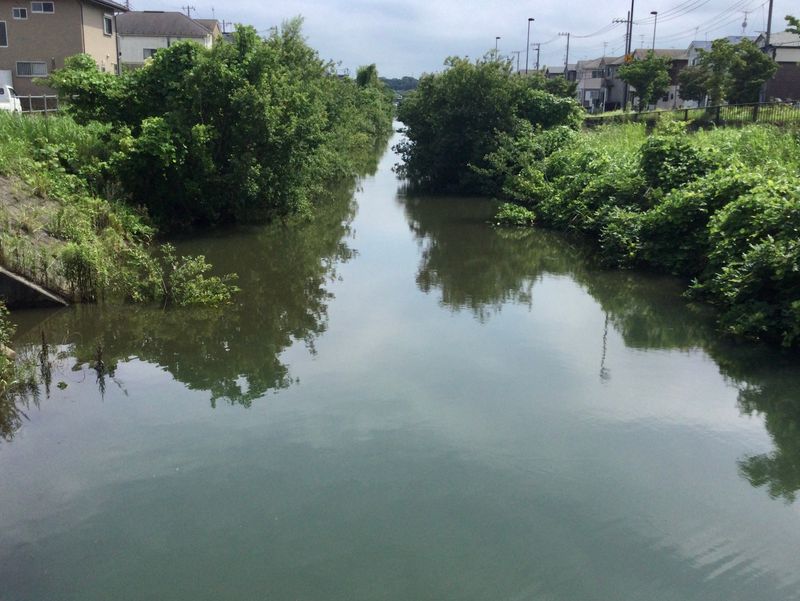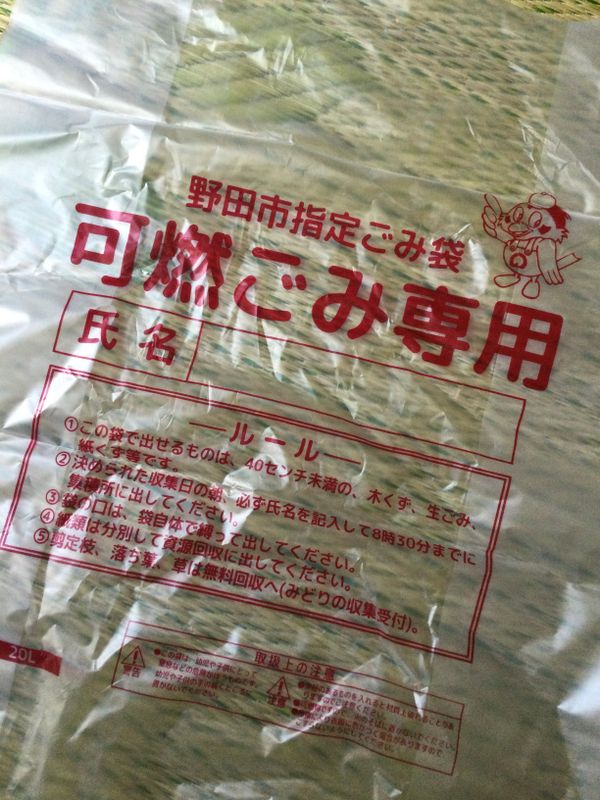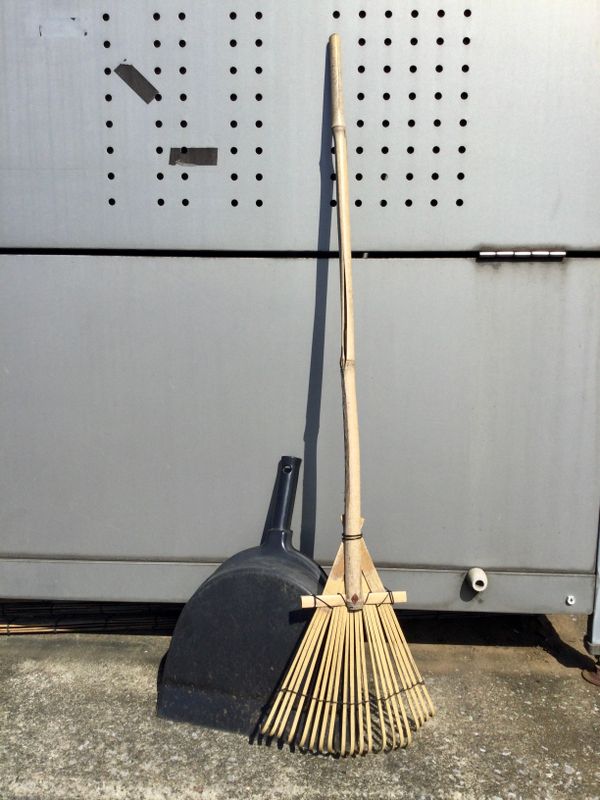Aug 10, 2021
How to Clean Up Japan
In the last 18 months or so, since the first pandemic state of emergency, I have felt like a grounded teenager. No festivals, no martial training, and the farthest I go from home base is work or essential errands on the local train or up to 10 km on my shopping bike.

For my wild friends at the canal
This limited range got me really sensitive to the local environment - the forests, the parks, eateries, and services. As much as possible, I travel on foot or on my bike. And this heightened my sensitivity to roadside garbage.
When it comes to recycling and waste, a nuance I appreciate about waste management in Japanese is the term「資源ごみ」shigen gomi, which means resource garbage. So much of what we discard is not necessarily “recyclable” but is still resources we can take advantage of and transform into other things, upcycling or downcycling depending on the kind of material.
The new lifestyle we’ve had to adopt to mitigate the transmission of Covid 19 has caused me to take up a new hobby, garbage picking. As I wandered about on my bicycle early on in the pandemic, I noticed a proliferation of garbage, perhaps a symptom of greater outdoor activity and distracted pedestrians and cyclists. Food wrappers get blown away by the wind, empty PET plastic bottles hop out of bike baskets when the rider hits a bump, and inattentive people drop all sorts of things.

Regulation garbage bags from my city
So I got in the habit of picking up what others dropped. At first, it was a motivator for getting me out of the house. I chose a route and took my time to collect on the way to my destination.
But it got to be depressing. The volume of shopping bags full of mixed garbage, dropped cigarette butts, bits of broken glass got me down. I had to think about how I was going to keep my mental equilibrium, get some exercise, and collect the junk along the way.
So I hit on a solution - selective garbage picking. I choose a route and a destination, pick one type of garbage, armed with the appropriate garbage bag lining my bike basket. On one run, I might only pick up plastic, and on another, mixed or only burnable items.

A dustpan, a bamboo rake from the 100 yen shop
You might wonder, isn’t that a bother when you get home and have to dispose of the garbage you collected? Well, one of the effects of the pandemic situation is that I reduced my own output of garbage. I'm not the only one. Blue Butterfly gave tips on how to reduce waste. Genkidesu told you about sustainable living and how to cut down on plastic consumption.
I've taken their advice to heart, resulting in minimal garbage output. The result is I have more city-issued garbage bags than I can use. Most months, I might put out one bag each of burnable and unburnable garbage, following my city’s garbage rules.
And there are other effects of my garbage picking hobby. I got to meet people! On some of my garbage picking routes, I bumped into other people who were doing just the same, armed with tongs and bags. These folks do this on their own initiative, just like me, in an effort to prevent the garbage from going into our waterways. These independent garbage pickers gave me advice, telling me that our city office will distribute extra regulation garbage bags to garbage pickers.
And the effort is so worth it. The community I live in is an open-air aviary, with a conservation facility that protects the rare kounotori, the oriental stork. These magnificent creatures fly over my house now and again. Besides birds, we have a large population of turtles, a multitude of insects, and elusive hakubishin and tanuki. The last thing I want to see is our local wildlife entangled in our detritus, or worse, eating it.
And looking on our beautiful waterways and forests, unsullied by our waste, is a relief from the stress of these difficult times.



0 Comments